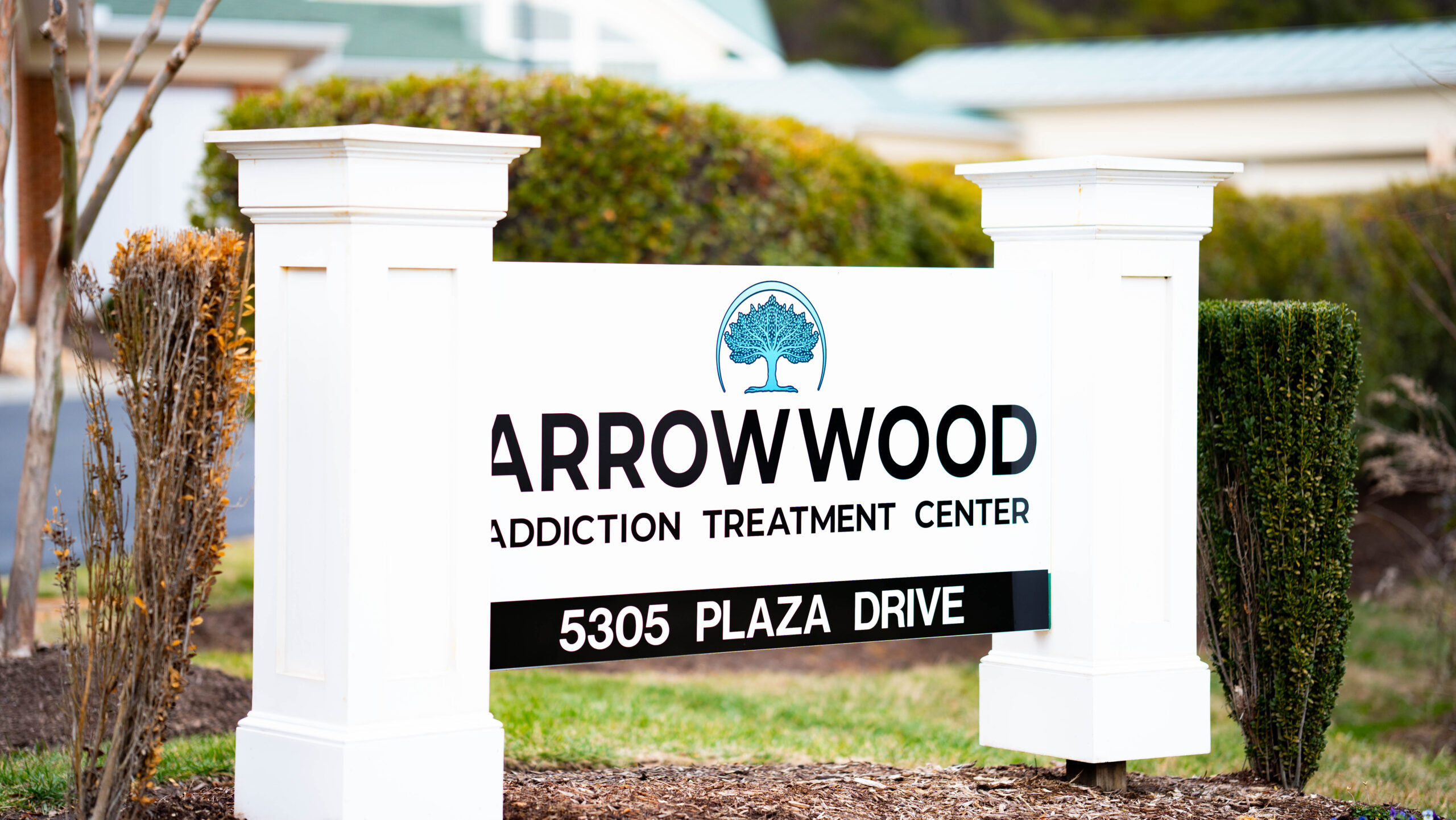Your Path to Healing: Picking the Best Addiction Treatment Center
Your Path to Healing: Picking the Best Addiction Treatment Center
Blog Article
Navigating the Journey of Detoxification in the Comprehensive Addiction Treatment Program
Getting started on the course of detoxing within the framework of a comprehensive addiction treatment program is a critical phase in the journey towards recuperation. The procedure of cleansing holds a substantial function in breaking the physical reliance on compounds and preparing the individual for the subsequent phases of treatment. Nevertheless, navigating through detoxification is not merely a matter of physical cleansing; it entails a complex interplay of psychological, psychological, and social factors that require careful factor to consider and assistance. As individuals come to grips with the difficulties of withdrawal signs and the unpredictabilities that lie ahead, having a durable assistance and a structured plan system in position becomes paramount. In this discussion, we will certainly discover the complex facets of detoxification within the extensive dependency treatment program and dropped light on the important elements that form this transformative trip towards healing.
Relevance of Detoxification in Recuperation

Cleansing sets the structure for the remainder of the dependency treatment program by preparing the individual for further therapy and counseling. By cleansing the body important that have actually been clouding judgment and influencing behavior, detox allows individuals to approach their recuperation with a more clear mind and more powerful focus.
Furthermore, cleansing assists in handling the potentially severe withdrawal symptoms that might arise when drug or alcohol use is quit. Clinical specialists very closely monitor patients during detox to ensure their safety and provide needed support. Through this process, people can start their trip towards sobriety with a stabilized psychological and physical state, boosting the probability of a successful recovery.
Understanding the Detoxification Refine
Detoxing, an essential element of addiction treatment programs, involves a structured process focused on securely getting rid of hazardous substances from the body to promote an effective healing journey. The detoxification process normally begins with an analysis to examine the individual's compound use background, physical wellness, and mental well-being. This analysis helps health care specialists establish the most ideal detox strategy tailored to the person's needs.
Throughout detoxification, the body goes with withdrawal as it gets used to the lack of the compound. Withdrawal symptoms vary relying on the kind of substance used, the period of use, and individual elements. Medical guidance during detoxification is vital to manage withdrawal symptoms and make sure the person's security and convenience.

Taking Care Of Withdrawal Signs

Medicines might be used to relieve particular withdrawal signs and symptoms and decrease pain. Medicines like methadone or buprenorphine can aid handle opioid withdrawal signs and symptoms, while benzodiazepines may be utilized for alcohol withdrawal. It is important for healthcare providers to very carefully check the individual's action to these drugs to ensure their safety and security and effectiveness.
In enhancement to pharmacological treatments, encouraging therapies such as counseling, peer support groups, and all natural practices like mindfulness meditation or yoga can help individuals handle the psychological and psychological obstacles of withdrawal. By dealing with withdrawal symptoms comprehensively, doctor can improve the cleansing experience and support people on their journey to healing.

Support Solutions Throughout Detoxification
Assistance systems play a crucial role in supplying psychological and social aid to individuals undergoing cleansing in addiction therapy programs. Throughout the Get More Information detoxification procedure, people commonly experience a variety of psychological and physical withdrawal symptoms, making this phase difficult - Addiction Treatment Center. Having a solid assistance system in position can dramatically influence the person's capacity to browse via detoxification efficiently
Member of the family, friends, support groups, and health care specialists are essential parts of the assistance system. Household friends and members can provide motivation, understanding, and a feeling of belonging during this tough time. Support system give a system for people to get in touch with others that are experiencing comparable experiences, supplying a feeling of area and shared understanding. Medical care specialists, consisting of physicians, therapists, and therapists, play a vital duty in keeping an eye on the individual's progression, supplying medical assistance, and using assistance throughout the detox procedure.
Looking Ahead: Life After Detox
Having actually efficiently finished the detoxification phase, individuals in addiction treatment programs now concentrate on getting ready for the difficulties and possibilities that exist in advance in their trip in the direction of recovery. Life after detox marks an essential shift period where people must continue to build on the development made during detox to maintain their sobriety. It is vital for people to acknowledge that the journey towards healing is ongoing and calls for commitment, click over here commitment, and a desire to accept modification.
One secret aspect of life after detox is the growth of dealing devices to take care of triggers and desires that might occur. This may include learning brand-new abilities, such as mindfulness methods, cognitive-behavioral methods, and anxiety management approaches, to browse tough scenarios without resorting to compound usage. Additionally, people are urged to actively participate in ongoing therapy, support groups, and aftercare programs to strengthen their support network and obtain support as they navigate the intricacies of life post-detox.
Verdict
Finally, detoxification is an important component of the thorough addiction treatment program. Recognizing the detox procedure and managing withdrawal symptoms are crucial actions towards recovery. Support group play a considerable role throughout this challenging trip. Addiction Treatment Center. Looking ahead, life after detox holds promise Read More Here for a much healthier, substance-free future. It is necessary to identify the relevance of detox in the procedure of conquering dependency and moving in the direction of a life of sobriety.
Clinical supervision throughout detoxification is important to take care of withdrawal symptoms and make sure the person's safety and comfort.
By recognizing the detox process and its value in damaging the cycle of addiction, people can get started on a path towards lasting healing.
Throughout the detoxification process, individuals commonly experience a range of emotional and physical withdrawal symptoms, making this phase difficult. Medical care professionals, including medical professionals, therapists, and specialists, play an important duty in monitoring the person's progress, providing clinical assistance, and supplying advice throughout the detoxification procedure.
Life after detoxification marks an important shift period where individuals should continue to build on the progress made during detoxification to keep their soberness.
Report this page